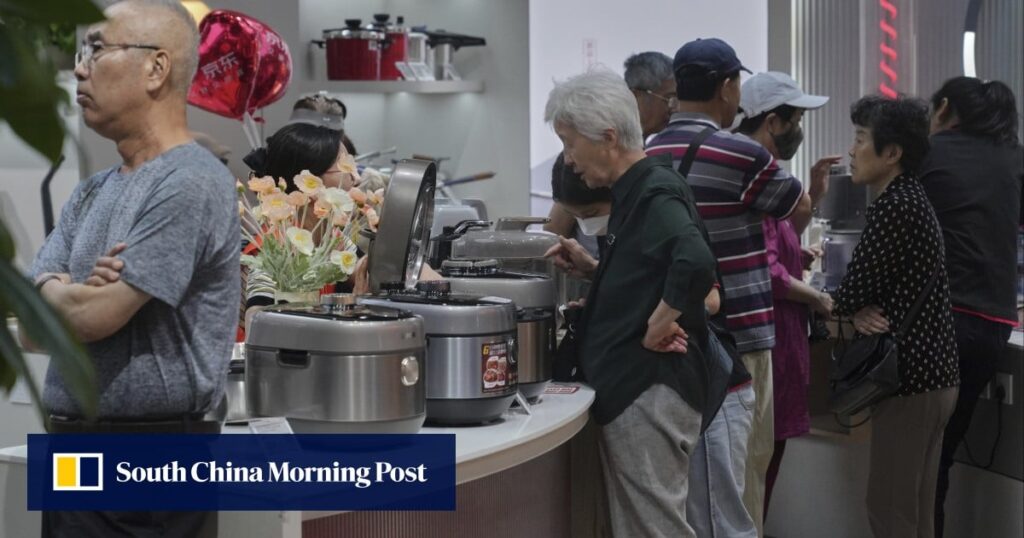
President Xi Jinping has underscored the importance of developing a “unified national market” in China, emphasizing this goal during a high-profile economic meeting on Tuesday. This initiative gains urgency as the nation shifts focus towards bolstering domestic demand in response to an increasingly unpredictable global economic environment.
The Central Financial and Economic Affairs Commission, a key body within the ruling Communist Party responsible for economic oversight, highlighted the necessity of tackling various challenges facing the world’s second-largest economy. The commission’s readout from their sixth meeting called for measures to curb fierce competition among firms that has driven down prices, phase out outdated industrial capacities, and enhance the overall business environment.
Focus on Domestic Integration and Market Reform
The commission stressed the need to better integrate domestic and foreign trade, facilitate the transition of export-oriented goods to the domestic market, and nurture a cadre of high-performing firms adept in both arenas. According to a report by state news agency Xinhua, targeted enforcement campaigns will continue to ensure standardized regulatory practices for businesses.
President Xi was quoted as saying, “Building a unified national market is a requirement for high-quality development, and the country should strengthen coordination and cooperation to form a concerted effort.”
Leadership and Strategic Vision
The meeting was attended by four of the seven members of the Politburo Standing Committee, including Premier Li Qiang, head of the party’s general office Cai Qi, and Vice-Premier Ding Xuexiang, alongside President Xi. This underscores the strategic importance of the economic agenda discussed.
Zhang Zhiwei, president and chief economist at Pinpoint Asset Management, noted that the commission continues to emphasize the significance of maintaining an open economy. “The move represents a strategic pivot to ensure economic resilience amid global uncertainties,” Zhang commented.
Historical Context and Future Implications
China’s push to strengthen its domestic market is not a new phenomenon. Historically, the country has oscillated between periods of opening up to global markets and reinforcing internal economic structures. This latest initiative reflects a broader trend of economic nationalism observed globally, as countries seek to insulate themselves from external shocks.
According to economic analysts, the focus on domestic market development could lead to a more self-reliant economic model for China, potentially reducing its vulnerability to international market fluctuations. However, this shift also poses challenges, such as ensuring competitive pricing and innovation without the same level of external competitive pressure.
Looking Ahead
As China navigates this complex economic landscape, the success of its domestic market strategy will likely hinge on effective policy implementation and international cooperation. The emphasis on regulatory standardization and market integration will be crucial in fostering a conducive environment for business growth.
Moving forward, the world will be closely watching how China balances its domestic priorities with its role in the global economy. The outcomes of these efforts could have significant implications not only for China’s economic trajectory but also for global trade dynamics.







